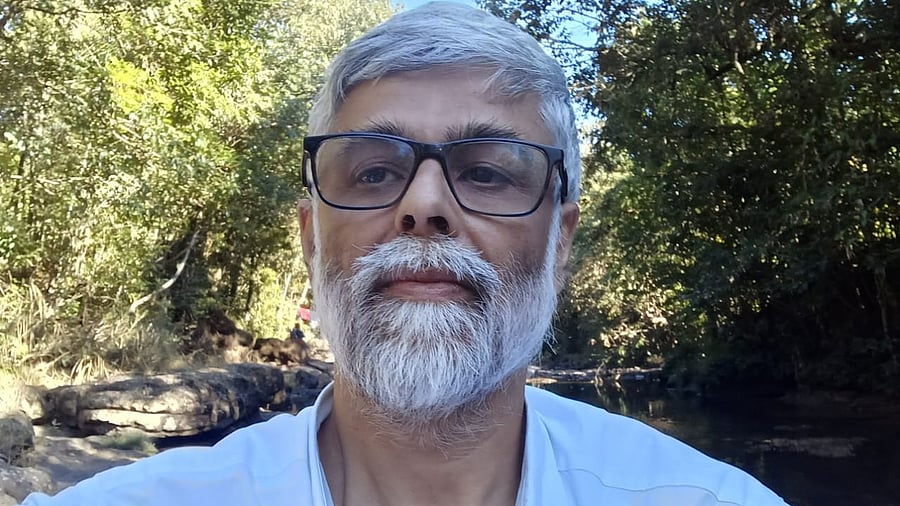
Prasenjit Biswas
Credit: Special Arrangement
In Manipur, frontline distrust and intangible restrictions on moving into the territory of others give rise to an idea of an imagined homeland dominated by a single ethnic group. Several minority ethnic groups nurture a feeling of unequal distribution of state resources and seek a solution by imagining their respective territorial homelands.
The clashes between the Meitei and Kuki-Zo communities over the past two years rekindled the idea of identity-specific ethnic homelands. The Kuki-Zo political groups seek constitutional safeguards from genocide, internal displacement and unequal treatment by way of autonomy and separate administration in the hill districts inhabited by the community. They want Churachandpur, Tengnoupal, Kangpokpi, and a few other districts to be part of the proposed territory to be administered by an autonomous institution constituted under the Sixth Schedule or Article 244(2) of the Constitution. Given the experience of the Bodoland Territorial Council (BTC) in Assam, it is possible to meet this demand of the Kuki-Zo ethnic homeland within the state of Manipur. Of course, for any such solution, a broad-based political consensus needs to be built up by the Centre.
A permanent and sustainable peace process needs to be initiated within the deeply divided Manipur. The best way to prevent such a division is the creation of autonomous institutions under the Sixth Schedule of the Constitution, guaranteeing the political and economic rights of the tribes like the Kuki-Zo community. After two years of clashes, the state also needs serious humanitarian work to ensure a safe and secure return of thousands of internally displaced people to their respective homes. This will require rebuilding houses, schools, churches, temples and other infrastructure at the micro level. A kind of reparation that would bridge the psychological divide can be aligned with humanitarian resettlement and rehabilitation in both the hill and the valley.
Loss of human lives needs to be adequately made up for, not only with monetary compensation but also by restoring the economic and social statuses of the affected people, irrespective of the community they belong to. The President’s Rule can create a scope for such healing and peacebuilding works at the ground level.
India’s border with Myanmar cannot be secured only by barbed-wire fences and boots on the ground. It requires empowerment of borderland communities, like the Kuki-Zo. The homeland of the Kuki-Zo community straddles the border. Policies need to be designed to take special care of the transborder ethnicities of Manipur by granting them greater autonomy. The autonomous councils under the Sixth Schedule would bring about a shared sense of equality. The conflict between the valley and the hills can thus be minimised by giving the ethnic groups a nonviolent institutional space of autonomy within the bulwark of the state and central governments. This is how a new path could be charted from ethnocracies to a more holistic development, by protecting the transborder hill communities from any perceived stigmatisation.
(The writer is a professor of philosophy at North-Eastern Hill University, Shillong and an independent political analyst)